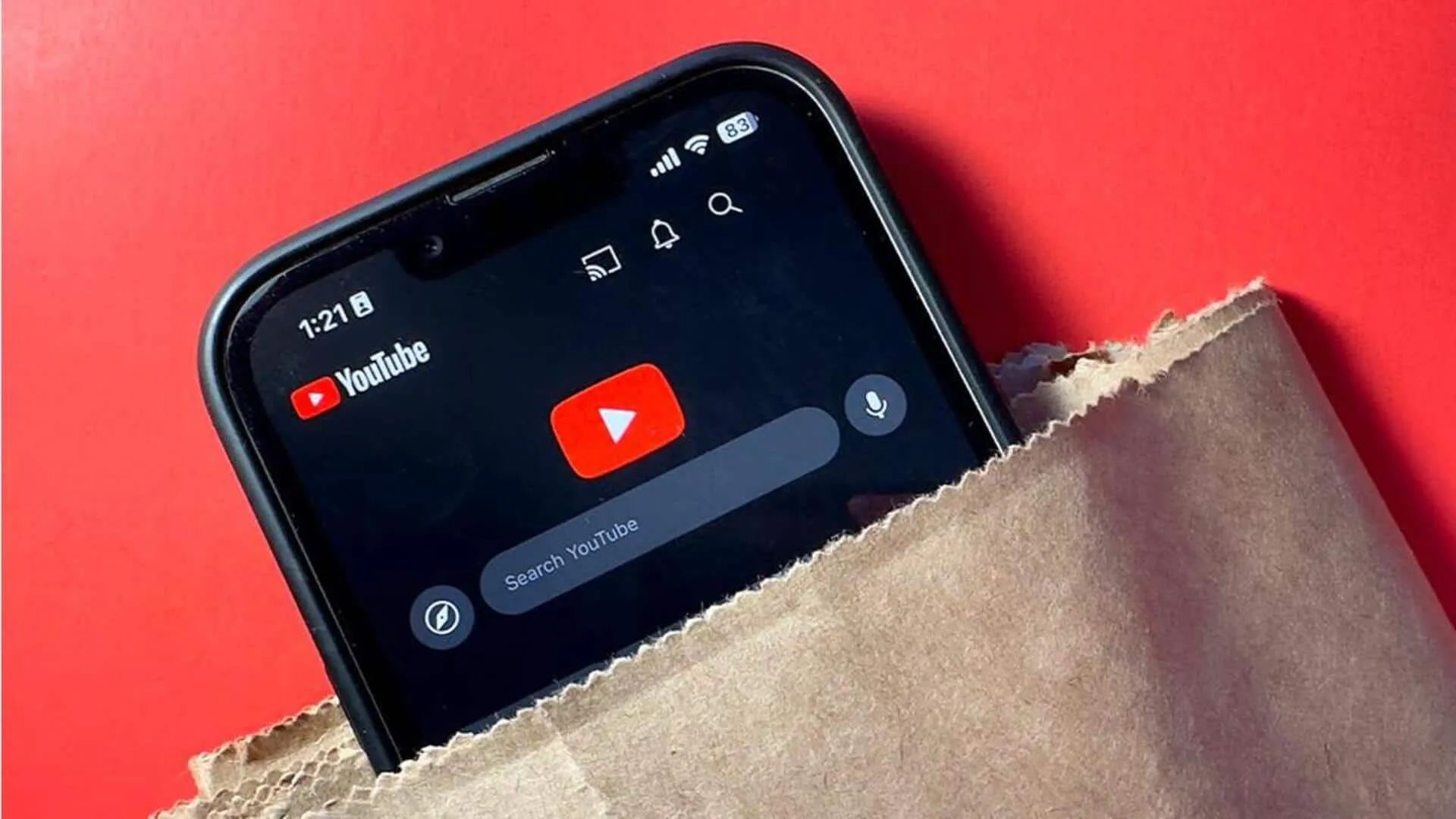YouTube Develops Tools to Protect Creators from Voice Cloning and Deepfakes

YouTube's Initiative Against Voice Cloning
YouTube is in the process of creating innovative tools to empower its creators from voice cloning and deepfake content using generative AI. The company announced this initiative as part of its commitment to protecting creators and partners while promoting responsible AI development.
Synthetic-Singing Identification Technology
- The first tool being developed is a synthetic-singing identification technology, which will empower creators and artists to detect and manage content that mimics their singing voices.
- This technology extends YouTube's existing Content ID copyright identification system.
- The tool is slated for testing under a pilot program next year.
Response to Artist Concerns
This development follows YouTube's promise to provide music labels with a mechanism to eliminate AI clones of musicians from the platform. With the rise of generative AI music tools, over 200 artists, including famous names like Billie Eilish and Katy Perry, expressed concerns regarding potential plagiarism and copyright infringement.
Further Measures Against Deepfakes
In response to growing apprehensions, YouTube is also working on a tool that can identify facial deepfakes of actors and musicians, although no launch date has been announced yet. The platform is adamant about not allowing users to develop AI tools that access creator content without permission.
- YouTube is implementing measures to block scrapers from its platform.
- The platform is investing in scraping detection systems.
- As AI evolves, YouTube emphasizes the importance of enhancing human creativity, rather than replacing it.
Future Plans for Creator Control
Looking ahead, YouTube plans to explore ways for creators to control how third-party AI services can use their content, with more details expected later this year.
This article was prepared using information from open sources in accordance with the principles of Ethical Policy. The editorial team is not responsible for absolute accuracy, as it relies on data from the sources referenced.